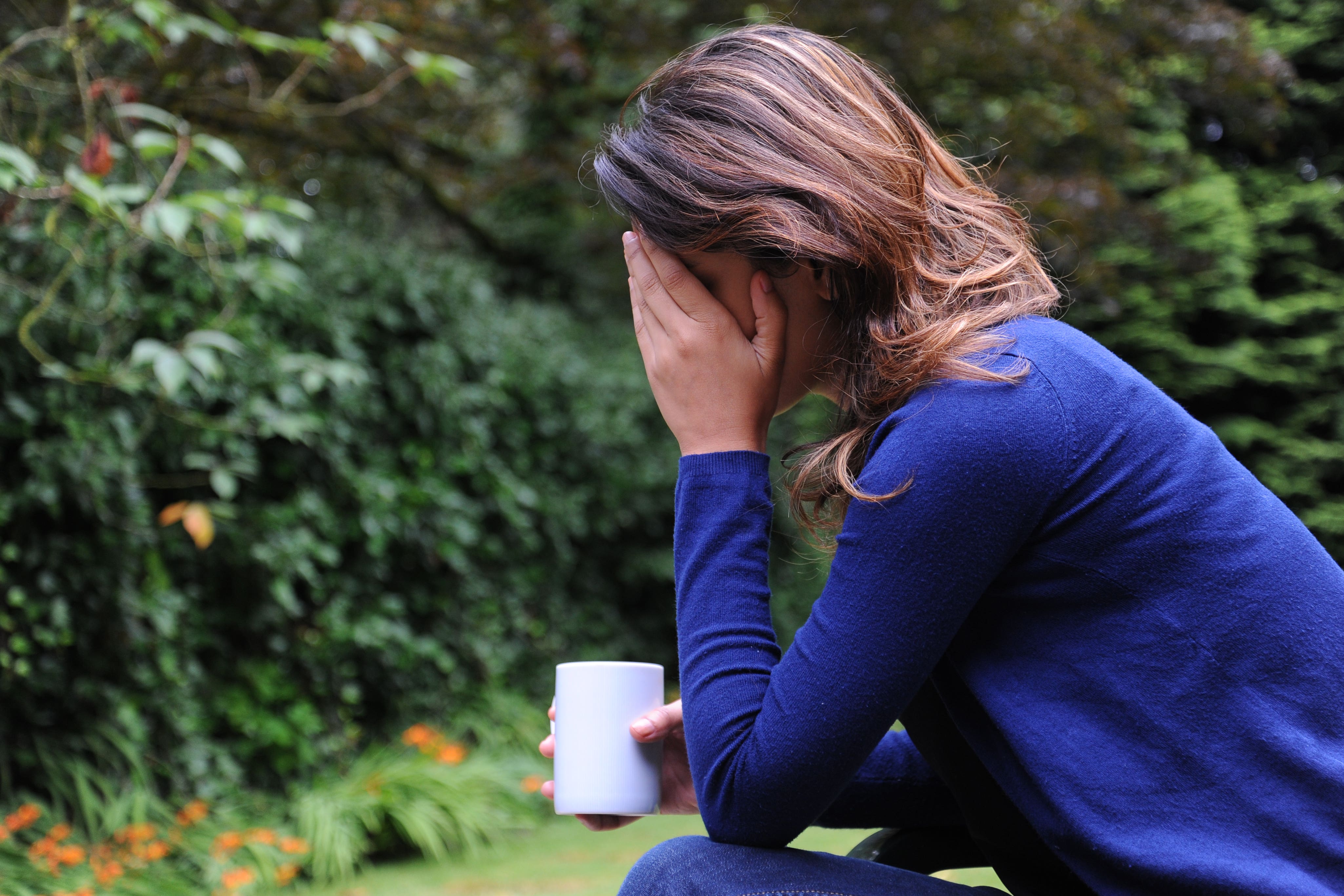Call to close ‘mortality gap’ for people with severe mental illness
The Royal College of Psychiatrists called for action to prevent thousands from dying prematurely.

More must be done to close the “mortality gap” for people with severe mental illness, leading doctors have warned.
The warning came after it emerged that more than 26,000 adults with conditions such as schizophrenia and bipolar disease die prematurely each year.
The Royal College of Psychiatrists said adults with severe mental illness are almost five times more likely to die before the age of 75 from preventable illnesses in England.
Having a severe mental illness shouldn’t be an early death sentence
It warned that the mortality gap between people living with severe mental illness and the rest of the population is “growing”.
Analysis by the College suggests that 80,182 people with severe mental illness died prematurely from preventable illness between 2018 and 2020 – 26,727 each year.
It called on the Government to ensure people with severe mental illness receive an annual physical health check.
It said adults with severe mental illness are more likely to engage in unhealthy behaviours including drinking and smoking, while they are less likely to engage with services such as cancer screening.
The analysis found that people living with severe mental illness, compared with the rest of the population, were:
– 6.6 times more likely to die prematurely from respiratory disease.– 6.5 times more likely to die prematurely from liver disease.– 4.1 times more likely to die prematurely from cardiovascular disease.– 2.3 times more likely to die prematurely from cancer.
From 2015 to 2017, adults with severe mental illness were 4.6 times more likely to die before the age of 75 compared with the rest of the population. This increased to 4.9 times from 2018 to 2020, the College said.
Around half a million adults in England have been diagnosed with severe mental health conditions including psychosis, post traumatic stress disorder and schizophrenia.
The Royal College of Psychiatrists said that in 2022/23, just 58% of these people received a full physical health check
Dr Adrian James, president of the Royal College of Psychiatrists, said: “Having a severe mental illness shouldn’t be an early death sentence.
“We’re calling on the Government to ensure everyone with severe mental illness receives an annual physical health check and to ensure reducing premature mortality is a major priority in the forthcoming Major Conditions Strategy.”
Andy Bell, chief executive of the Centre for Mental Health, said: “It is unacceptable that so many lives are being lost too soon because people with a mental illness get inadequate help for their physical health.
“This shocking inequality in health is getting worse and it’s time for concerted action to close the gap.”
It comes as separate analysis from the charity Rethink Mental Illness laid bare the impact of suffering anxiety alongside a severe mental illness.
The charity said some people are unable to leave their own homes, see friends or family or take part in hobbies.
A new poll by the charity on 1,300 people living with severe mental illness found that 76% said anxiety had preventing them from socialising, 74% said anxiety had prevented them from taking part in exercise or hobbies and 65% said anxiety had stopped them from leaving the house.
Mark Winstanley, chief executive of Rethink Mental Illness, said: “This survey reveals how anxiety permeates the lives of people severely affected by mental illness, holding them back from doing the things which many take for granted, even preventing them from getting beyond the threshold of their own homes.
“As we mark Mental Health Awareness Week, it’s a timely reminder that we have a considerable way to go to improve understanding and empathy, particularly towards people severely affected by mental illness.”
A Department of Health and Social Care spokesperson said: “We are committed to levelling up the health of the nation so everyone can live longer, healthier lives.
“We are also investing an additional £2.3 billion extra a year into the expansion and transformation of mental health services in England by 2023/24, so that an additional two million people can access NHS-funded mental health support by 2024.
“Improving outcomes for people with mental ill health will be one of the key areas of focus of the upcoming Major Conditions Strategy.”
Bookmark popover
Removed from bookmarks